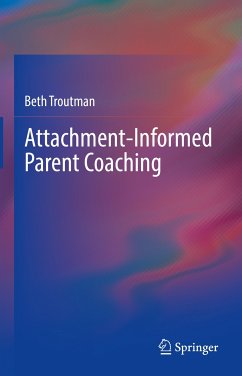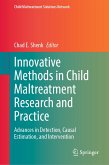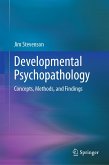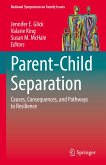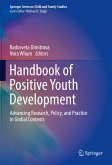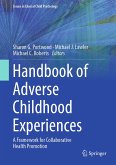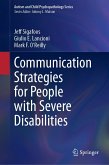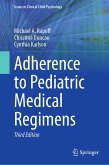This book examines attachment-informed parent coaching to address emotional and behavioral problems of young children. The volume summarizes relevant developmental and attachment theory research and describes how it supports an attachment-informed parent coaching approach. The book addresses the challenges of parenting young children with disruptive behavior or who are emotionally reactive, and how mental health providers can help parents address these challenges. Chapters describe how therapists can use their observations of parents and children interacting to tailor parent coaching according to different child and adult attachment patterns. It discusses the important role of adult attachment in tailoring parent coaching, including an understanding of how the therapist's working model of attachment influences their work with families. Each chapter includes information on current research as well as rich examples of how this research can inform clinical practice.
Key areas of coverage include:
- The role of adult attachment in working with young children.
- Addressing secure, ambivalent/resistant, avoidant, disorganized, and controlling child-parent dyads.
- Coaching parents who have a secure, earned secure, preoccupied, dismissing, or unresolved working model of attachment.
- Working with adopted children and children in foster care.
This book is an essential resource for researchers, professors, and graduate students as well as clinicians and professionals in developmental psychology, social work, pediatrics, family studies, nursing, child psychiatry, pediatrics, occupational therapy, and early childhood education.
Dieser Download kann aus rechtlichen Gründen nur mit Rechnungsadresse in A, B, BG, CY, CZ, D, DK, EW, E, FIN, F, GR, HR, H, IRL, I, LT, L, LR, M, NL, PL, P, R, S, SLO, SK ausgeliefert werden.

